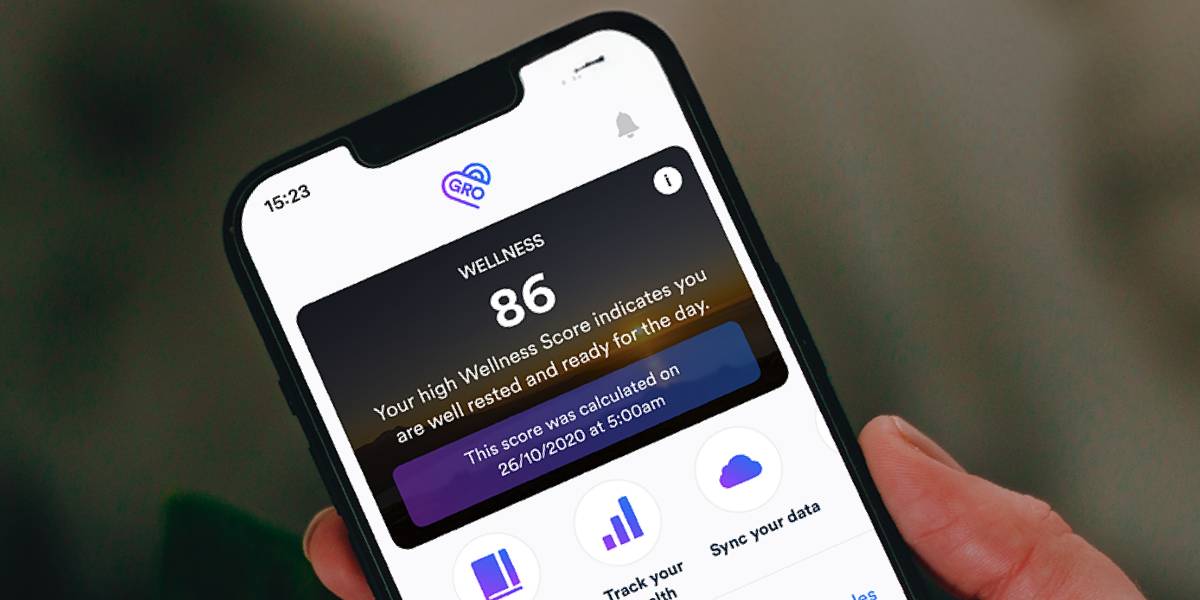Five innovative apps designed to enhance access to weight-loss medications and provide comprehensive support may soon be integrated into the NHS in England, according to health guidance published by the National Institute for Health and Care Excellence (NICE).
The initiative comes at a time when traditional in-person services are overwhelmed and unable to meet the growing demands of those requiring obesity treatment.
Recent statistics highlight the severity of the situation, with 1 in 4 adults in England falling into the obesity category.
- Digital tool for specialist weight management services shows promising results
- Man puts type 2 diabetes into remission 23 years since diagnosis
According to NICE’s estimates, the adoption of these apps could benefit up to 48,000 individuals, conserving approximately 145,000 hours of healthcare professionals’ time.
The technology is particularly beneficial for those unable to secure in-person consultations, those without access to local services, or those languishing on waiting lists.
NICE’s guidance suggests a provisional adoption of these apps by the NHS, allowing for an evidence-gathering period on their cost-effectiveness over the next four years. This approach seeks to strike a delicate balance between offering optimal patient care and ensuring fiscal responsibility.
However, uncertainty looms over the availability of one of the key medications proposed for distribution via the apps – Wegovy, a highly anticipated semaglutide-based weight-loss injection.
Despite its proven efficacy in clinical trials, logistical challenges have delayed its UK launch.
App-based behaviour change support
Extending beyond just facilitating medication, the apps provide psychological support and professional guidance on proper diet and physical activity, specifically catering to individuals struggling with severe obesity.
Among the apps listed is Gro Health W8Buddy which was co-developed by DDM Health, the NHS specialist obesity team at University Coventry and Warwickshire Hospitals and patients living with severe obesity.
- New weight management app available to residents of West Sussex
- Heating on prescription: Government scheme reduced NHS appointments
Dr Petra Hanson, commented: “It has been a great journey working with the entire weight management team at UHCW, our patients and DDM Health. We are excited to continue innovation of traditonal weight management pathways in order to improve our patients’ outcomes.”
DDM Health’s Chief Executive Officer, Arjun Panesar, expressed enthusiasm about the inclusion of their app in the recommended suite: “We’re delighted that Gro Health W8Buddy has been recognised and reccomended by NICE. It’s a testament to our commitment to providing accessible, innovative solutions for individuals struggling with weight management.”
The eligibility criteria for app access requires individuals to have a BMI of 35, often at the higher end of the obesity spectrum, coupled with a weight-induced health condition, or a slightly lower BMI in certain circumstances.
The digital initiative marks a significant step forward in the NHS’s approach to tackling the obesity epidemic efficiently and inclusively.







